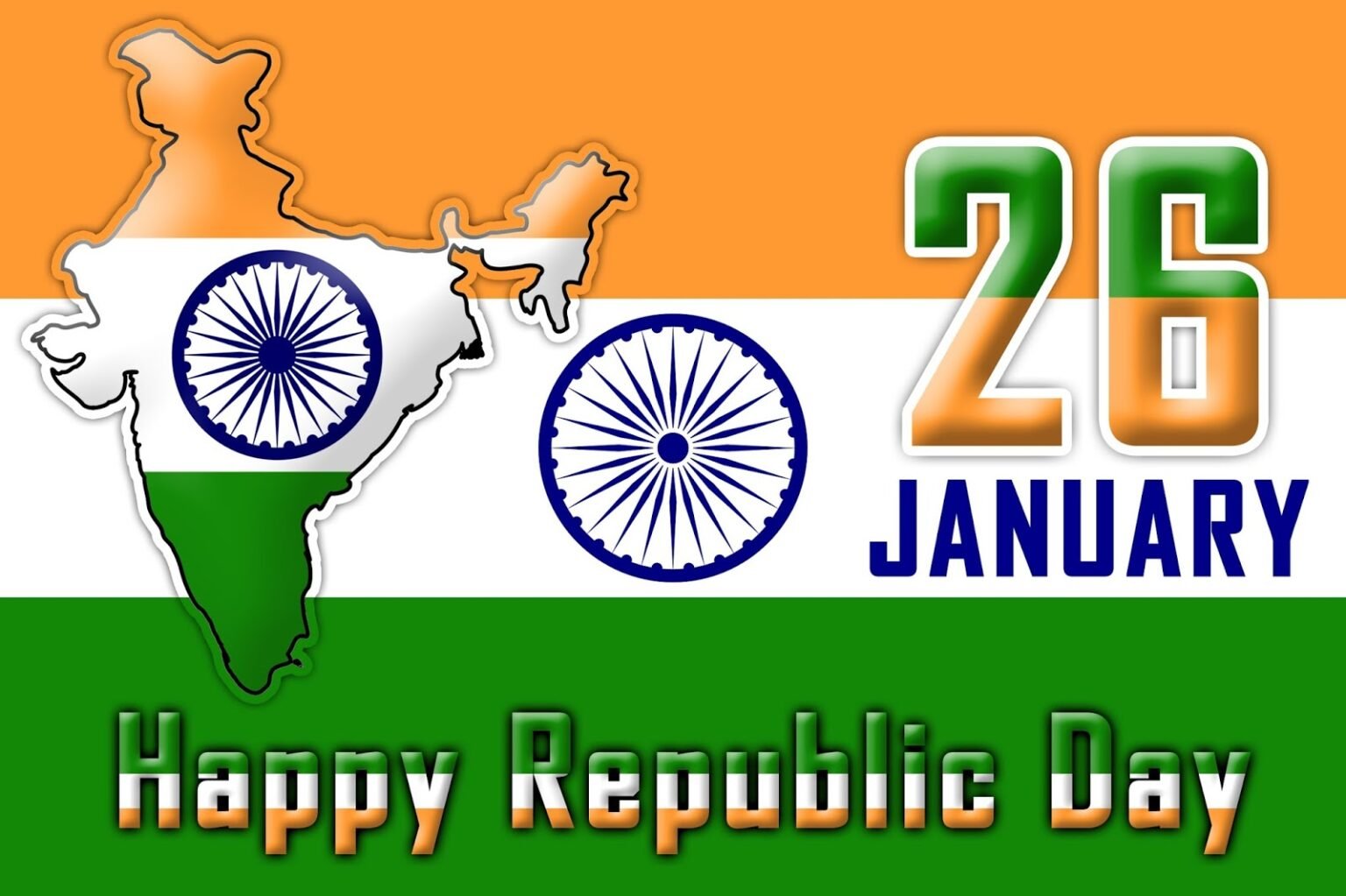Introduction:
Republic Day, observed annually on January 26th, holds a special place in the heart of every Indian. It commemorates the day when the Constitution of India came into effect in 1950, marking a momentous transition from a constitutional monarchy to a sovereign republic. This celebration goes beyond the festivities, parades, and flag hoisting; it symbolizes the resilience, diversity, and commitment to democratic ideals that define the nation. In this article, we delve into the historical and cultural significance of Republic Day, exploring Why 26th January is Celebrated as Republic Day.
The Historical Journey:
Upon gaining independence from British rule on August 15, 1947, India faced the challenge of formulating a constitution. A Drafting Committee, led by Dr. B.R. Ambedkar, was constituted on August 29, 1947, to lay the foundation for a new constitutional framework. The formal draft of the Constitution was presented to the Constituent Assembly on November 4, 1947.
Over the next two years, the Constituent Assembly engaged in extensive deliberations and modifications before officially adopting the Constitution on January 24, 1950. This pivotal moment saw 308 members of the Assembly signing two copies of the text, one in Hindi and the other in English. The Constitution replaced the Government of India Act (1935) and solidified India’s status as an independent republic.

Choosing the Date:
While the adoption of the Constitution occurred on January 24, its enforcement was intentionally delayed by two days. The Constituent Assembly aimed to institute the document on a day synonymous with national pride, and thus, January 26th was chosen for this purpose.
The significance of this date traces back to the Indian National Congress (INC) Lahore Session in 1930, where January 26th was declared as a day of “Purna Swaraj” or complete independence from British rule. This decision was a response to the British proposal of granting dominion status to India while still under the influence of the British Empire. It was during this session that the tricolour flag was unfurled for the first time.
Twenty years later, on January 26, 1950, the Indian Constitution was officially implemented, marking the culmination of India’s transition into a sovereign republic. The choice of this date serves as a poignant reminder of India’s historical journey towards self-governance.
Republic Day Celebrations:
As India celebrates its 75th Republic Day, the festivities have evolved over the years. Incorporating various elements that showcase the country’s progress and cultural richness. The Republic Day parade, a highlight of the celebrations, features captivating performances. Including an all-women Tri-Service contingent, marking a historic first in the history of Republic Day.
The Corps of Signals Motorcycle Rider Display Team, famously known as the ‘Dare Devils,’ adds an element of excitement with astonishing stunts. The parade is a visual representation of India’s military prowess, cultural heritage, and technological advancements.
Reflections on Republic Day:
For many, Republic Day invokes memories of school days, rushing to witness the flag hoisting ceremony and singing the national anthem with pride. As adults, the celebration may take different forms, from extended weekend getaways to sharing Republic Day wishes and quotes on social media.
Republic Day is more than a date on the calendar; it’s a celebration resonating through the pages of history. It is a testament to the shared commitment to a democratic and inclusive future. The question “why do we celebrate Republic Day?” finds its answer in the very fabric of India’s constitutional legacy.

Republic Day Meaning:
The importance of Republic Day goes beyond ceremonial parades and flag hoisting. It symbolizes the acknowledgment of shared commitments to justice, liberty, equality, and fraternity – the cornerstones of India’s constitutional identity. Republic Day is not just an annual observance. It is a testament to the unwavering dedication to the principles that define the nation.
As the tricolour unfurls on January 26th each year, it symbolizes not only a historical event. But a continual commitment to the democratic principles that shape the Republic of India. The celebration echoes the struggles, sacrifices, and a strong desire for freedom that have defined India’s journey towards self-governance.
Also Read : Fascinating Facts About Republic Day Of India you should know
Conclusion:
In conclusion, Republic Day is a celebration that encapsulates the essence of India’s democratic ethos. It is a reminder of the journey from colonial rule to a sovereign republic. Emphasizing the values of justice, liberty, equality, and fraternity. The choice of January 26th as Republic Day holds profound historical significance. Linking back to the INC’s declaration of “Purna Swaraj” in 1930.
As we celebrate Republic Day, whether through traditional ceremonies, community events, or digital expressions. It becomes a collective expression of pride, unity, and patriotism. The significance of Republic Day is not confin to a specific day. It resonates in the daily lives of citizens, urging active participation in the democratic process and fostering a sense of responsibility and accountability.
Republic Day is a celebration of unity in diversity. A reflection on the past, and a vision for a brighter and more inclusive future. So, when someone ask, “why 26 January is celebrat as Republic Day”. The answer lies in the rich tapestry of India’s history. Its commitment to democratic values, and the enduring spirit that propels the nation forward.







